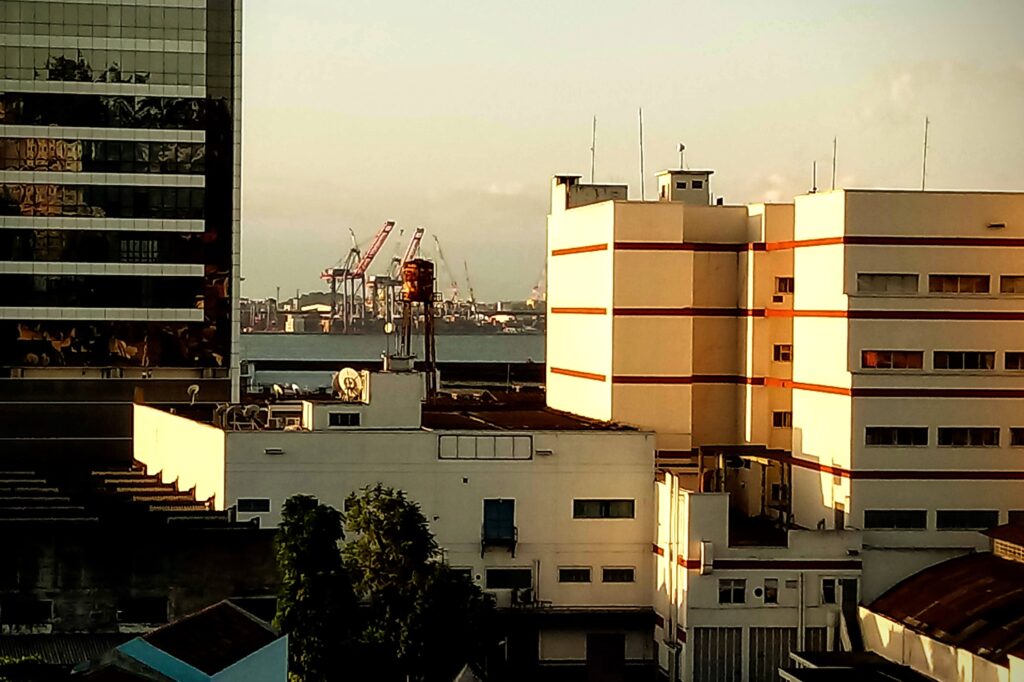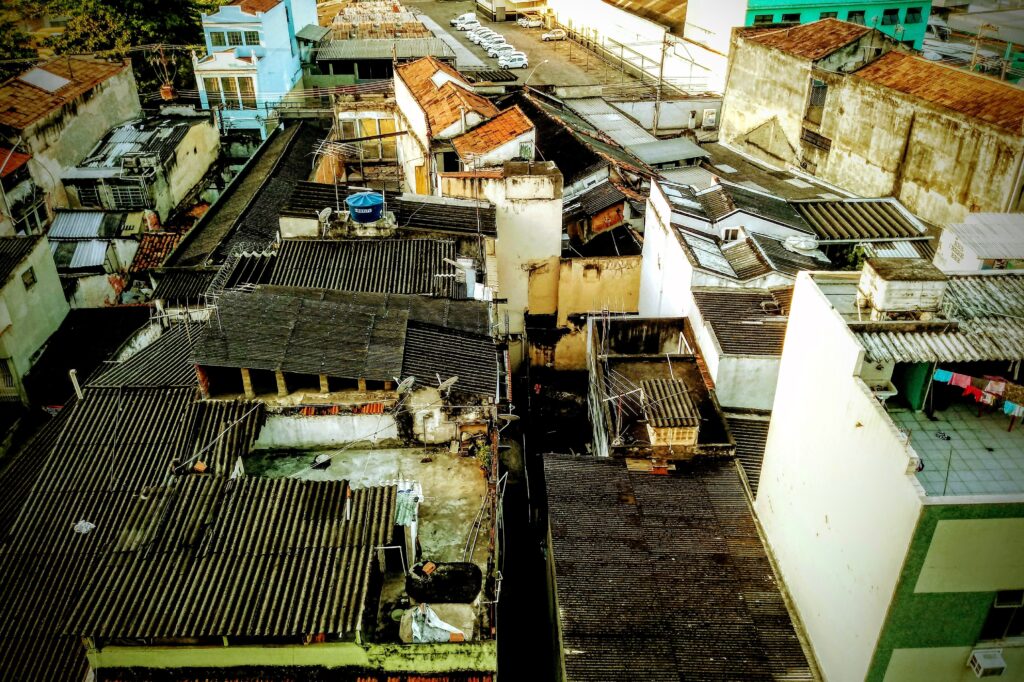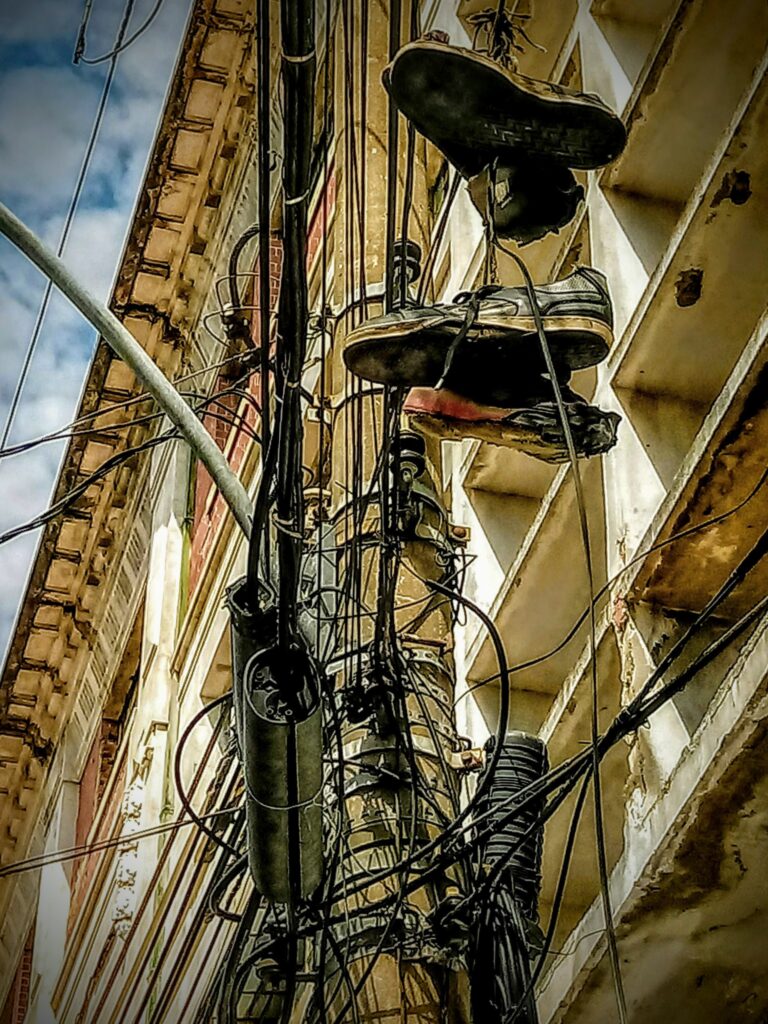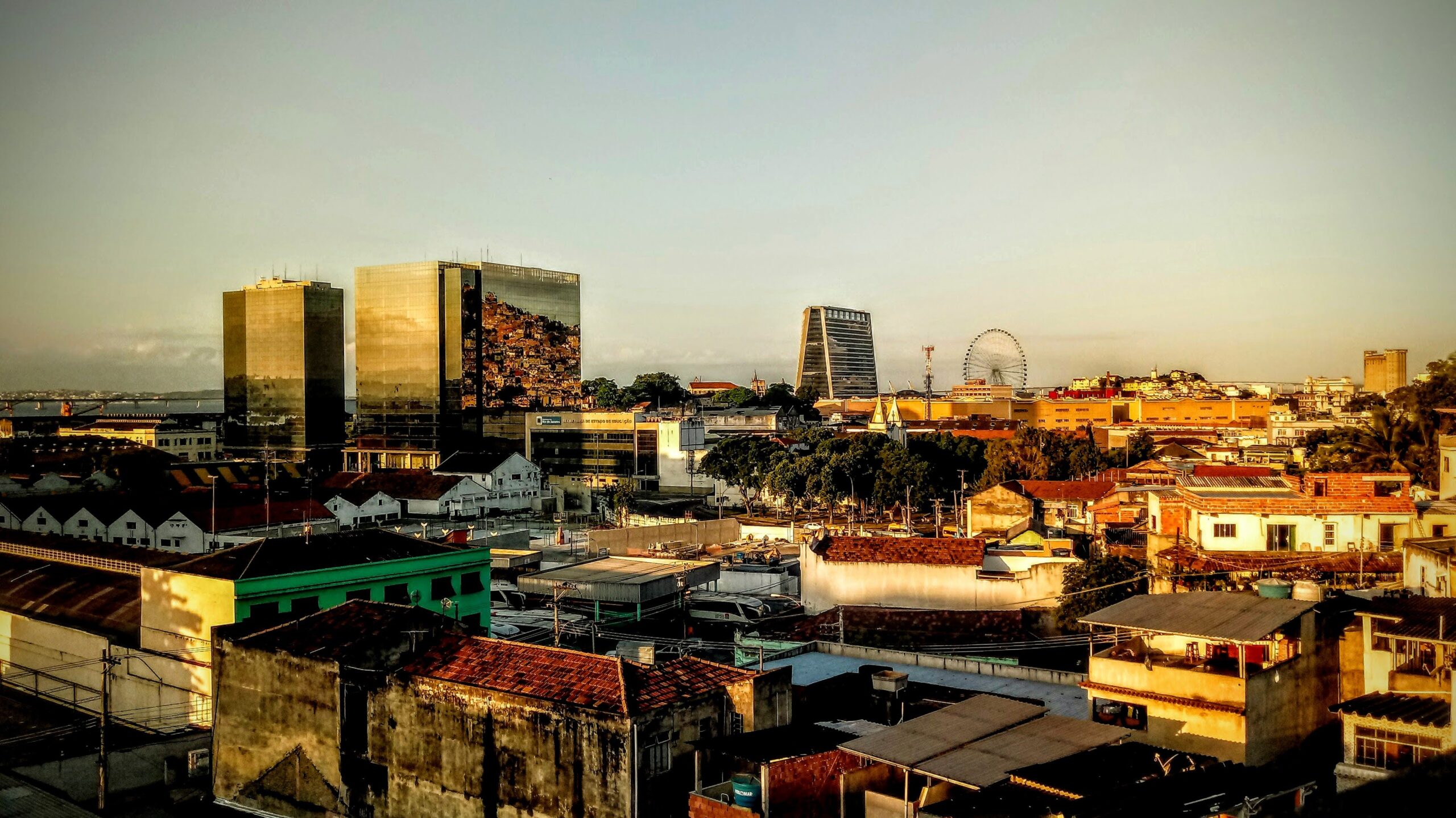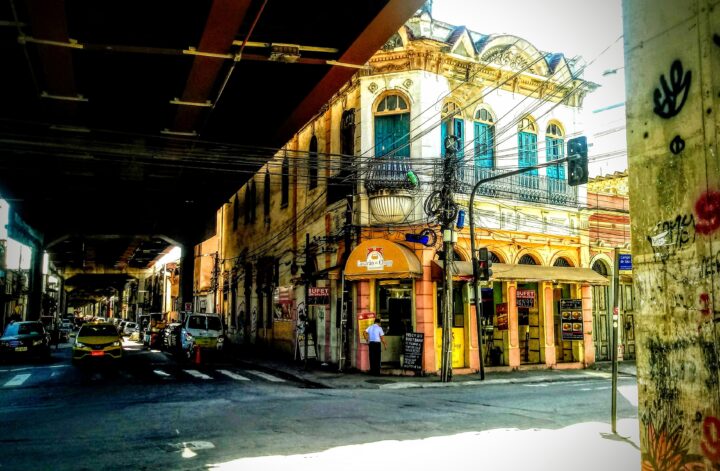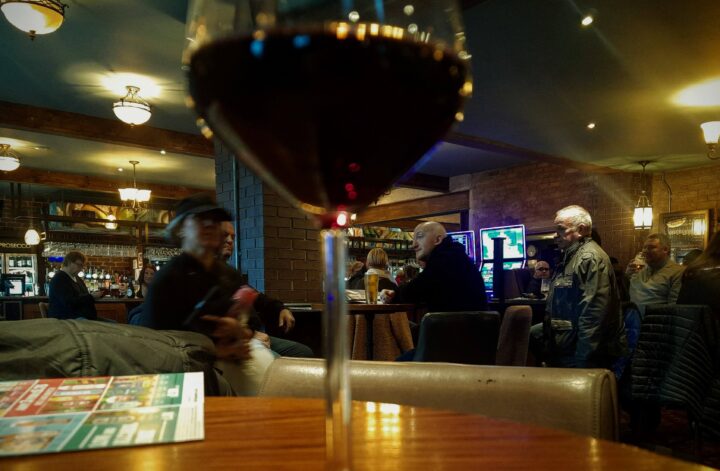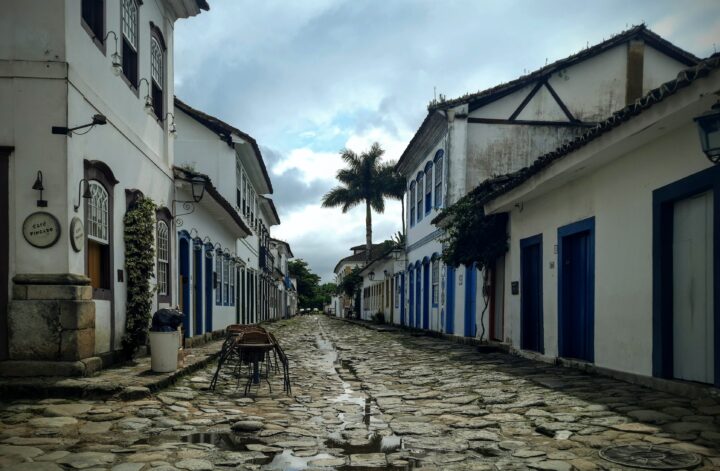Copacabana, Rio de Janeiro: 28oC, hot and sunny.
Today is a bit of a wasted day in some ways. Yesterday was a bank holiday, which means today, Friday, is also a bank holiday.
Although it is not officially a holiday, most people will not work today to take advantage of a long weekend from Thursday to Sunday or Wednesday to Sunday.
In Brazil, a bank holiday in the middle of the week usually disrupts the entire week, resulting in a complete loss of productivity. The bank holiday is extended to the weekend, creating a long weekend. This decision is typically made by the government at all levels, affecting the civil service, schools, universities, and trade, significantly reducing activities.
When I had the school in Copacabana, if there was a week with a bank holiday, it completely disrupted the rhythm, organisation, and production of classes. This also caused a loss in the school’s income, which was very disheartening.
I have always had the impression that 30 to 40 years ago, the Brazilian upper middle class, who had either beach houses or small cottage farms in the countryside but lived in large urban cities, created this tendency so that they could make the most of long weekends and go to their family residences out of the town.
When I arrived in Brazil, I quickly noticed the class disparity. It was common for upper-middle-class couples and families to own a second house outside the city, which was considered a part of the Brazilian elite curriculum then.
However, it is less common now due to the increased expenses of maintaining another property. The income gap between the upper middle class and the lower class has always been significant in Brazil. It seems that the rich are getting richer, and the poor are getting poorer. Ten years ago, the lower classes could afford a car, a simple house, and even a flight ticket, but it seems more difficult for them now.
The cost of living, especially in urban centres like Rio and Sao Paulo, has increased significantly. Last week, I came across statistics published by an international organisation that ranked Brazil second in the world for income inequality between classes.
I also think that when you buy a second house, you are forced to use it, to go there, even if you do not want to. When the children are young, it is good to go there every weekend or twice a month so they can enjoy open space, a garden, etc. The house should be near the beach or the mountains, with fields and open spaces.
But when the children grow up and become teenagers, they begin to have their own lives and stop wanting to go. So, the parents end up selling it, which sometimes takes a long time and usually results in a loss. Also, nowadays, the younger generation does not want to buy assets. This is a problem because they do not want the headaches of buying something they do not use daily.
Young professionals want to keep their money in their bank accounts and invest it wisely. They prefer not to spend much money on something they may eventually sell at a loss, especially if it requires significant ongoing maintenance. Maintaining a house that is not used or lived in daily can be extremely expensive, just like anything else that involves upkeep but is not used regularly.
There is a growing trend to question the logic behind buying a second house that may not be frequently used. The idea is that people do not want the obligation of owning a property they may not fully use, especially considering the availability of modern technology and the internet. Instead, people can rent a place whenever they want to spend a weekend or a week at a particular location. This approach offers the flexibility to explore different areas and avoids being tied to one specific property. This represents a significant shift in mindset compared to the past.
The new mentality of the new rich is the freedom to spend your money wherever you want. You are not obliged to be in a rut, spending money or having financial obligations with something you do not want. The internet has brought this to everybody. It is just a question of having money and time and just choosing. The world is your oyster.
If you search carefully on the internet, you can find many affordable properties for sale in Europe. As the next generation leaves to look for work elsewhere, our modern way of life is changing, and so is how we spend our money. It seems like money has more value today than it did in the past.
People seem more inclined to save it rather than spend it. Of course, there are exceptions to this, but for most people, making decent money is difficult. Therefore, it makes sense to save, secure, and invest as much as you can for the future because we do not know what will happen.
Today was a typical Friday with fewer classes and some website work. The project I am working on is progressing better than expected. However, it still needs some improvement, but I am getting there. It is just time, perseverance, faith, and never giving up. I also took Perola to the park, and she loved it.
Everything is good.
In bed by 10.00 pm.
Thank you.
Thanks for reading this blog post. Please explore my other posts and share your thoughts in the comments section.
Richard
